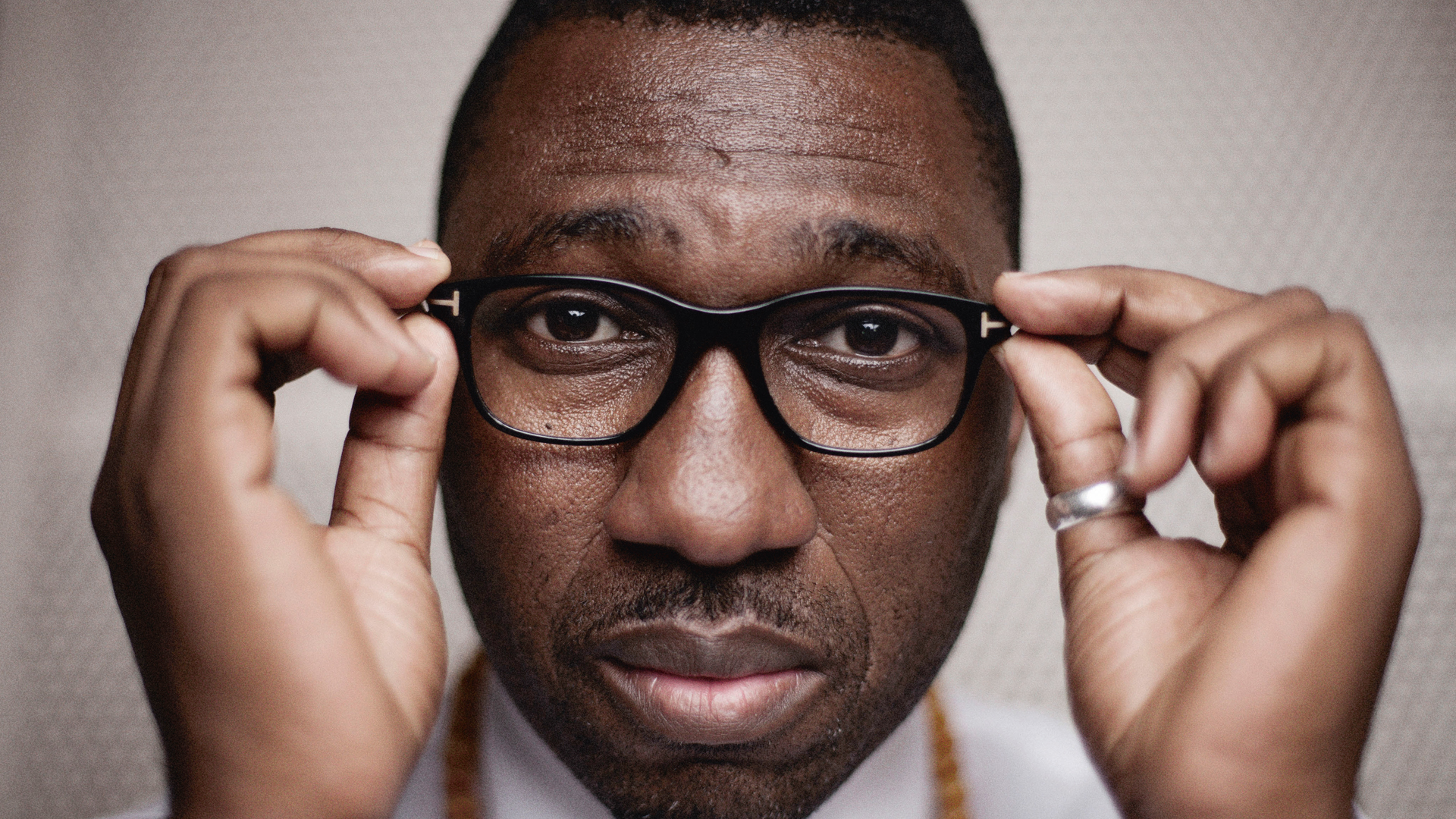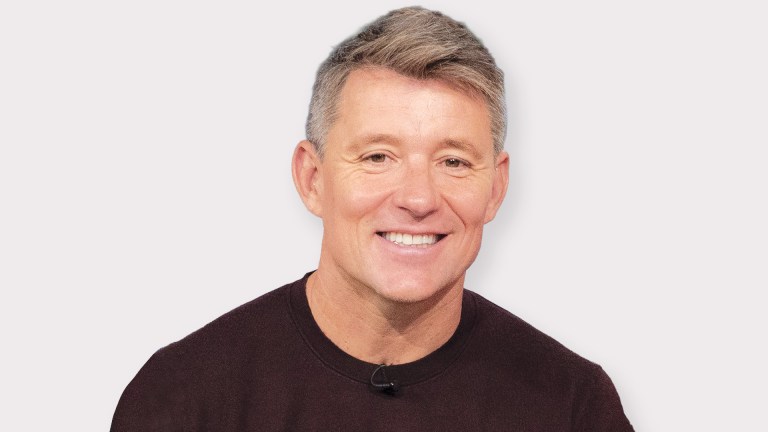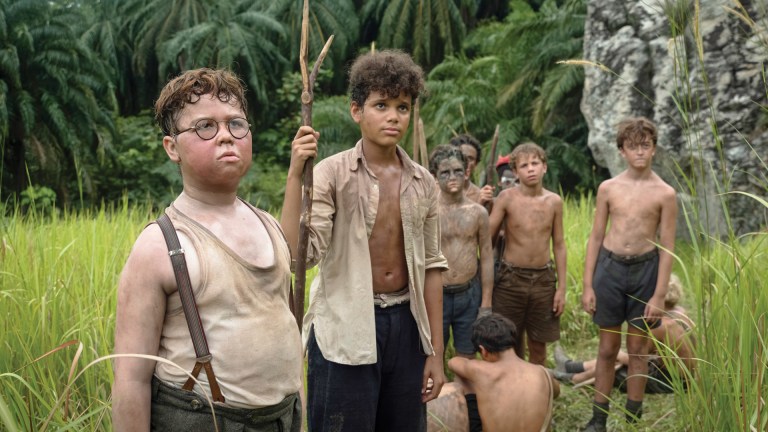My dream at 16 was to be a singer. That was the main focus of my life. Everyone expected me to be a recording artist, and I did too. I went to college for a year but I didn’t care about that much. In the meantime I teamed with a friend of mine called Bobby Collins and we called ourselves – God, this is really embarrassing – Ebony and Ivory. He was white of course. For about four years, from when I was 14 till I was 18, we went to Butlin’s in Barry every year and won the talent contest and then we’d get a free holiday for next year.
I grew up in Southall. I had this strange thing of having a brutal, cold world outside, and having a warm and brilliant childhood in my house. The mood in my house changed from night to night. On a Saturday night it would be my dad and his friends in the front room, and the next night it would be my mum and her church. Prayer meetings in the evenings. It was just a joyous, expressive and nurturing environment. And on the outside – Britain then was a colder place and youth culture defined itself through skinheads. It was a violent backdrop.
One would live in fear of being jumped or stabbed by skinheads on the way to school. I remember being chased down the street by about 50 skinheads. So it was cold outside but it was very warm inside.
Theatre's role is to be a "catalyst for debate about the big themes" in society, says The Young Vic's artistic director @kwamekweiarmah. The theatre's new season will explore English identity, which he says is "amid an identity crisis"@bbcnickrobinson | #r4Todaypic.twitter.com/iEH0sxFZax
— BBC Radio 4 Today (@BBCr4today) January 14, 2019
I was phenomenally close to my mother. She was 22 when she had me. She was a magnificent woman who taught me to be a man. She was technically an orphan. For some people I can imagine it might make your heart smaller not to feel parental love. In her case it was the opposite. She was a very ambitious woman and dreamt big dreams for her children and gave them all the support they needed.
She was a childminder and everywhere I go someone who knew her approaches me. Not to namedrop but I was at the Palace to pick up my OBE six years ago and I was sat in the car and this journalist came up to me and asked me how I was feeling and all that. And at the end he said, you won’t remember me but your mother used to look after me. I used to come to your house. It was like my mother was there at the Palace with me, she was telling me – I’m with you today [she died in 2005].









